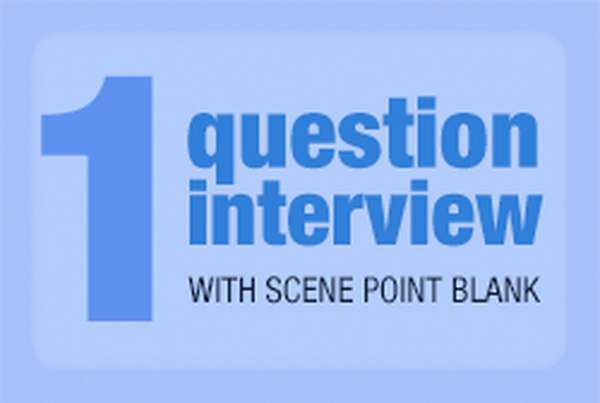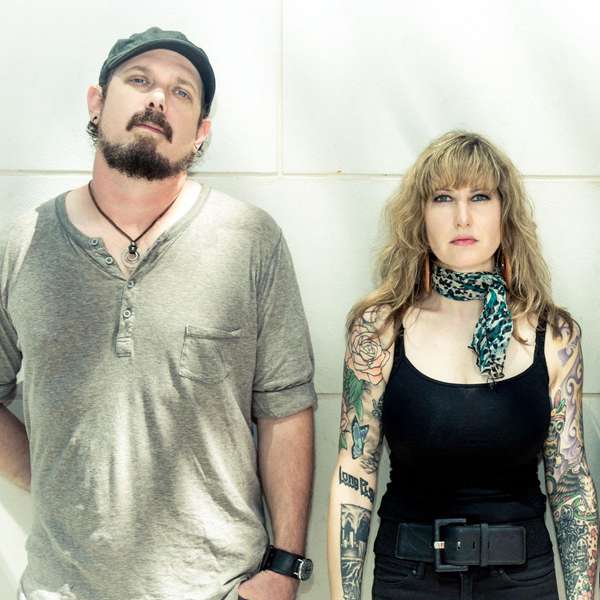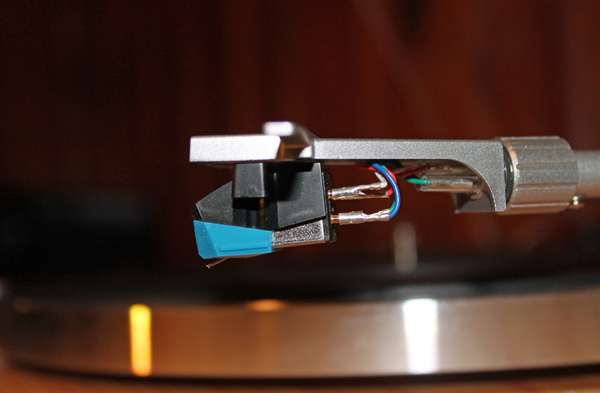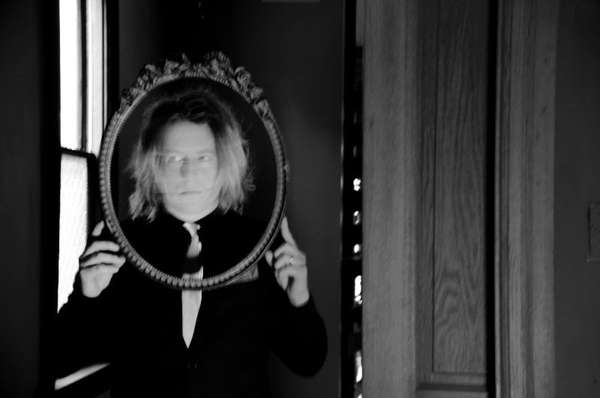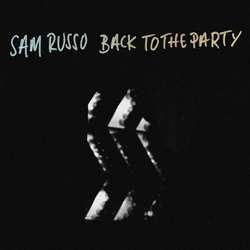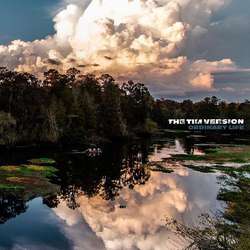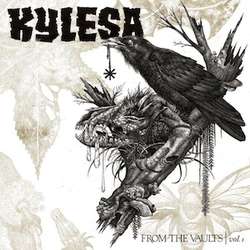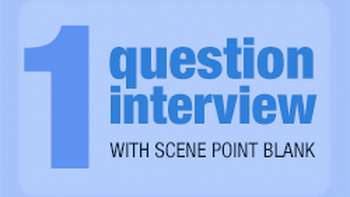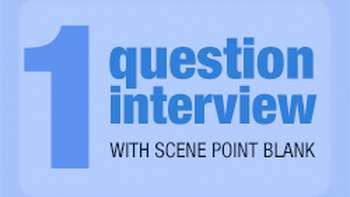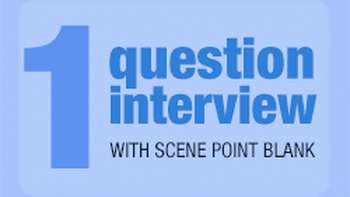One of our features here at Scene Point Blank is our semi-daily quickie Q&A: One Question Interviews. Follow us at facebook or twitter and we'll post one interview every Monday-Thursday. Well, sometimes we miss a day, but it will be four each week regardless.
After our social media followers get the first word, we'll later post a wrap-up here at the site and archive 'em here. This week check out Q&As with Sam Russo, The Tim Version, Fighting Kites and Kylesa.
Sam Russo
SPB: How do you primarily find new music?
Sam: I still find new music the way I always have -- on the road and through friends. When I'm on tour I write down dozens of bands people recommend me and I always listening to the radio in the US. I have a few friends who are really switched onto new music and I get them to make me CDs for the car, or I just let them DJ when they come over for drinks. I love the feeling of discovering something new, it makes you feel like a kid again.
If you're interested I have a story about discovering a musician for the first time. I was on tour with Bangers (great band) in Germany and had a night off in Berlin. It was raining and after dinner we had no idea where we were so we wandered around the rainy streets drinking beer and trying to shake the night-off blues. Anyway we decided we wanted to see some music so we asked around folks in the street for a good music bar and got directed through some alley's and a park and around some side streets to a little cafe/bar place and we huddled inside out of the rain and slopped our way up to the bar. It was candlelit, warm, and absolutely packed with very hip looking Berliners.
We ordered beers and set up by the stage to watch whatever was coming. That's when Aimee Argote took the stage. I'd never heard of her or her band Des Ark, but sitting watching her in the heart of Berlin, feeling wild and almost gone on a dead end road and then to be pulled back in by her breathy, broken voice and big deep eyes as she just hurt and sang, for that to come out of nowhere was wonderful. It was intimate and moving and melodic in a way I'd never heard. Totally unique. I was absolutely lost in it. I bought her record and packed my bag around it and even though the tour was another week long the first thing I did when I got home was listen to that record and it was like I was there again. I'll always remember that night and I'll always have the record to take me back there. So I've always got my ears peeled for new stuff when I'm out because you never know when something so inspiring will just appear on a stage and steal your heart.
Russ Van Cleave (The Tim Version)
SPB: What got you interested in pursuing science on a professional level?
Russ: There are a lot of different reasons, but the easiest answer I could probably give would be high school physics. I quit marching band my senior year so I could free up room to take a physics class. I was told it would be good for college or something -- blah, blah. I didn't know much of anything about physics and I had no idea what to expect. But a few weeks into the class it all just clicked. It made total sense to me and I just thought it was awesome that you could use equations that described natural laws to predict what was going to happen for a given scenario. I watched a bunch of other folks struggling with the class and I realized that I might have stumbled onto something I not only enjoy doing, but something at which I might also actually be useful. My teacher was rad and very easy to talk to so I asked him what can you do with physics. He told me I could be an engineer.
So I started college as an engineering major and hated it. I struggled with every type of engineering I tried. Engineering, to me, seemed to gloss over a lot of the fundamental reasons for doing things. It was more of a shut-up-and-calculate type of culture and that turned me off to the whole thing. So I changed my major to physics and eventually got a M.S. Of course, most of what I do now professionally is essentially engineering work but the field I work in is still dominated by a lot of science that hasn't been fully defined and/or applied to some standard engineering process. So I get the opportunity, quite often, to go digging through research journals in an attempt to wrap my head around some concept needed for a physics model or an engineering task or just a basic nuts and bolts explanation for the managers. The nice thing about my job is that the pro-world hasn't ruined a love of science for me (yet). I'm still just as enthusiastic about it as I was, if not more so, than I was when I was younger and I spend a lot of my own time just reading up on one thing or another. The more you learn, the more you realize that you have a lot to learn. For me, it's been an easy way to keep from getting bored.
Neil Debnam (Fighting Kites)
SPB: Is there a particular record you've heard this year that surprised you? In both a good or a bad way?
Neil: Speaking from a strictly personal point of view rather than as the mouthpiece of four individuals now separated geographically by a few thousand miles, I think it has to be Robert Turman's Flux. I heard it first on the Neus Van God podcast by Kraak and was shocked when I found out it was a reissue of an album from the early Eighties. It sounded, at least to my ears, totally fresh and not at all dated. The other-worldly feeling of the sounds might have had something to do with that though. I love how minimal it is, but at the same time it manages to be so emotive. It has really got me thinking about how I make my own music in Broken Shoulder, although I haven't really managed to transfer those thoughts into actual actions yet. Guess that's difference between being talented (him) and hopefully slogging away (me).
(Damn, I should have picked one of the releases on my new Kirigirisu label. That would have been the sensible PR-minded thing to have done. Still not very good at that kind of thing).
Laura Pleasants (Kylesa)
SPB: When you're on tour, how is it decided (or who decides) where you'll eat?
Laura: The promoter generally sets the schedule. Sometimes they will ask when we would like to eat and then we'll decide on the spot.
